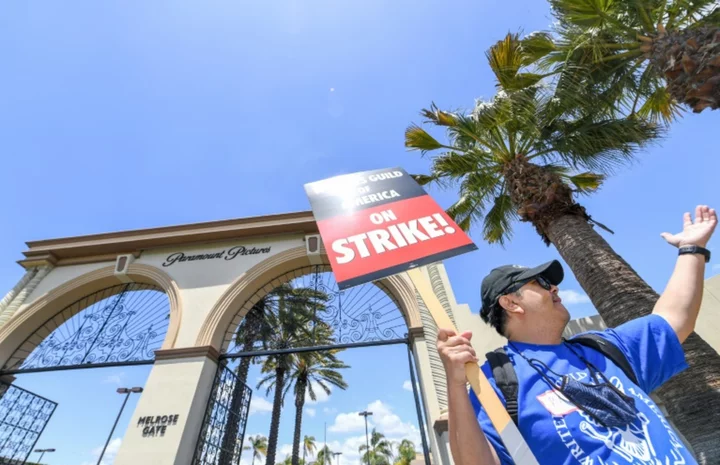By Leah Douglas
WASHINGTON Expanding work requirements for the largest U.S. food assistance program is still a "red line" in negotiations over raising the country's debt ceiling to avert a looming default, Senate Agriculture Committee Chair Debbie Stabenow said Monday in an interview with Reuters.
Republicans, whose party control the House of Representatives, have proposed increasing work requirements for the Supplemental Nutrition Assistance Program (SNAP), also known as food stamps, as part of a spending deal.
Republicans have said they will not vote to raise the debt ceiling unless Democrats agree to sharp spending cuts, with a little over two weeks to go before the American government could run short of money to pay its bills. Failure to lift the limit could trigger a default that would set off a sharp economic downturn.
Expanding work requirements for SNAP would affect about 1 million people, the Department of Agriculture has estimated.
Stabenow, a high-ranking Democrat, said negotiations over SNAP should be left to the farm bill, an omnibus package passed every five years that funds U.S. nutrition, conservation and farm commodity programs. The current farm bill expires Sept. 30, and Congress is negotiating the next one.
"It is a red line as far as I’m concerned," the senator said of tying the expansion of work requirements to the debt ceiling talks. "We need to take default off the table, and then these policies and cuts in spending can be negotiated where they should be."
Currently, adults without disabilities or dependents aged 18 to 50 must work 20 hours a week to receive SNAP benefits for more than three months. The debt ceiling plan released by Republican House Speaker Kevin McCarthy in April would raise that top age to 56.
Stabenow, the third-ranking Democrat in the Senate led by her pary, also warned that default would be "devastating for our growers" because farmers are highly dependent on loans and would be harmed if interest rates were to rise significantly.
A default could also delay passage of the next farm bill, she said.
"(It) really would be an economic disaster for rural America," Stabenow said.
(Reporting by Leah Douglas; editing by Jonathan Oatis)









